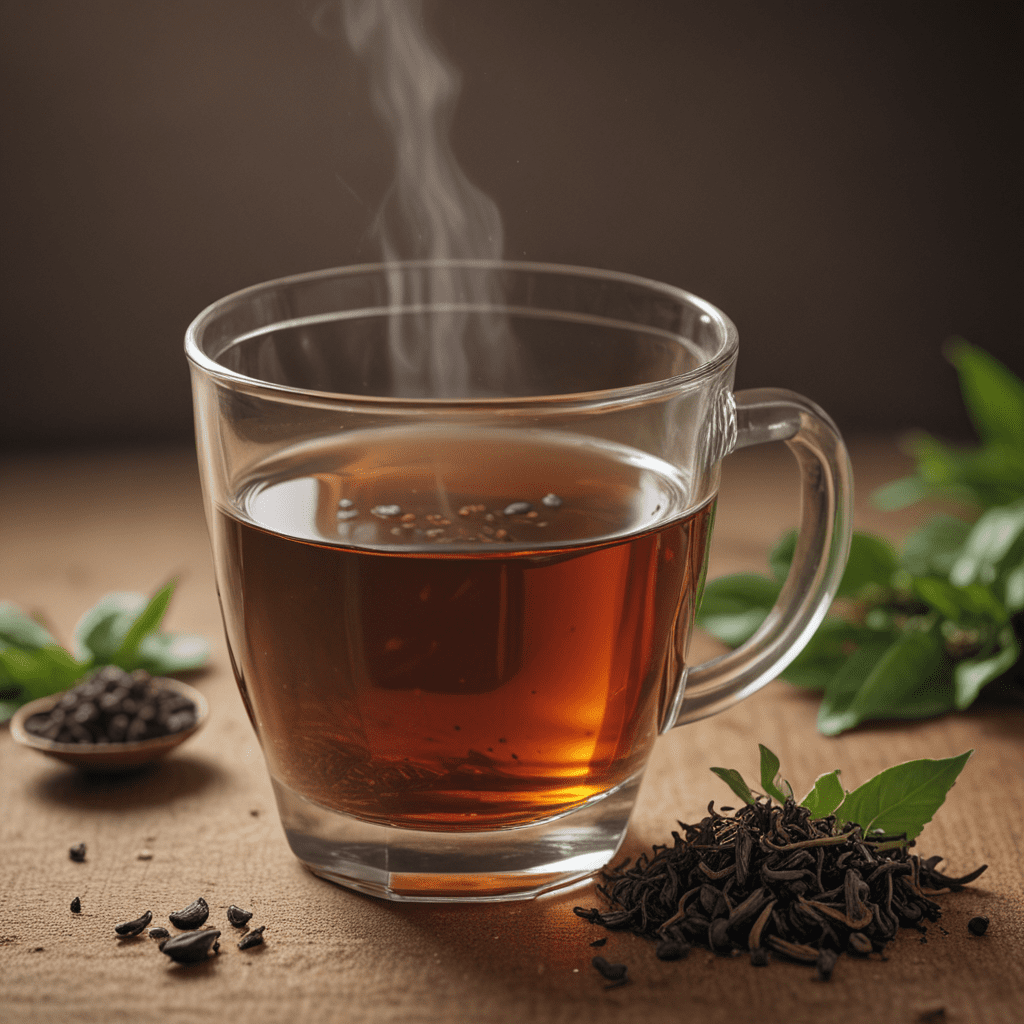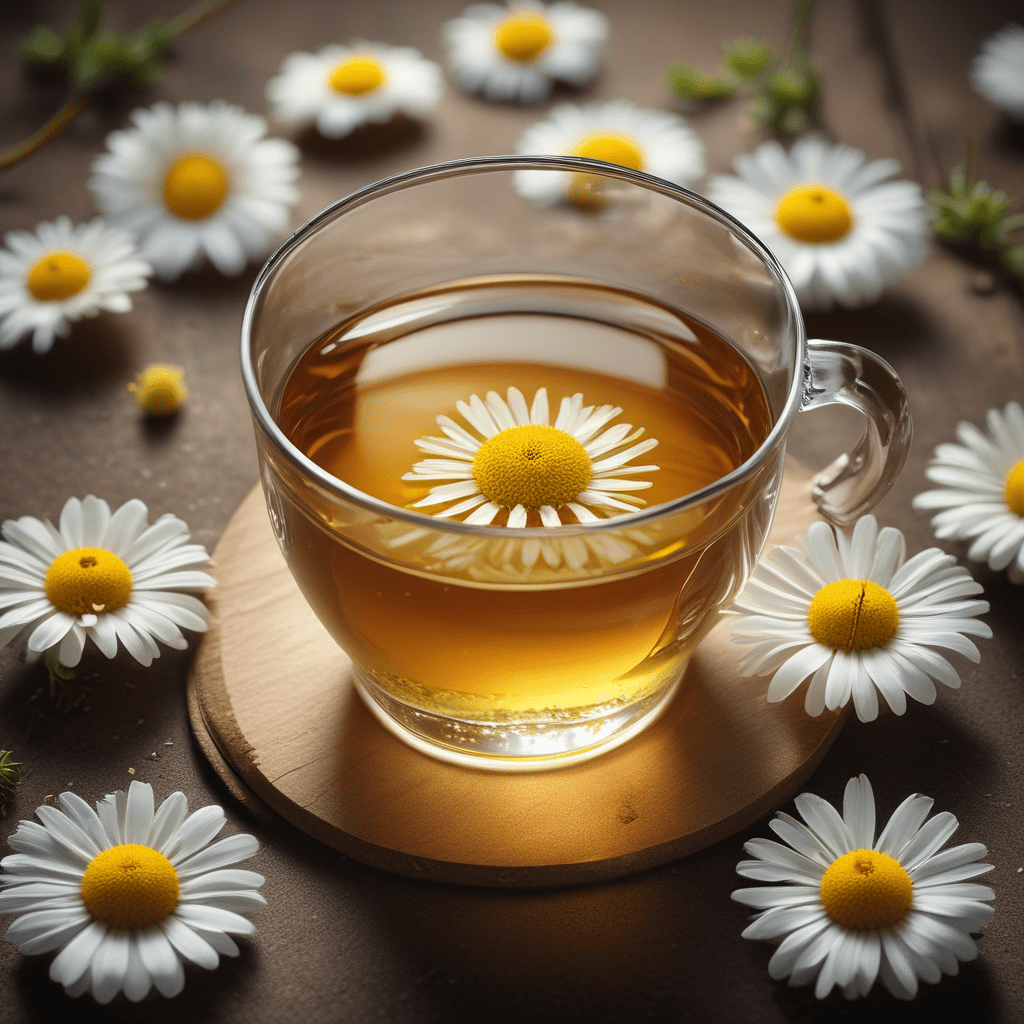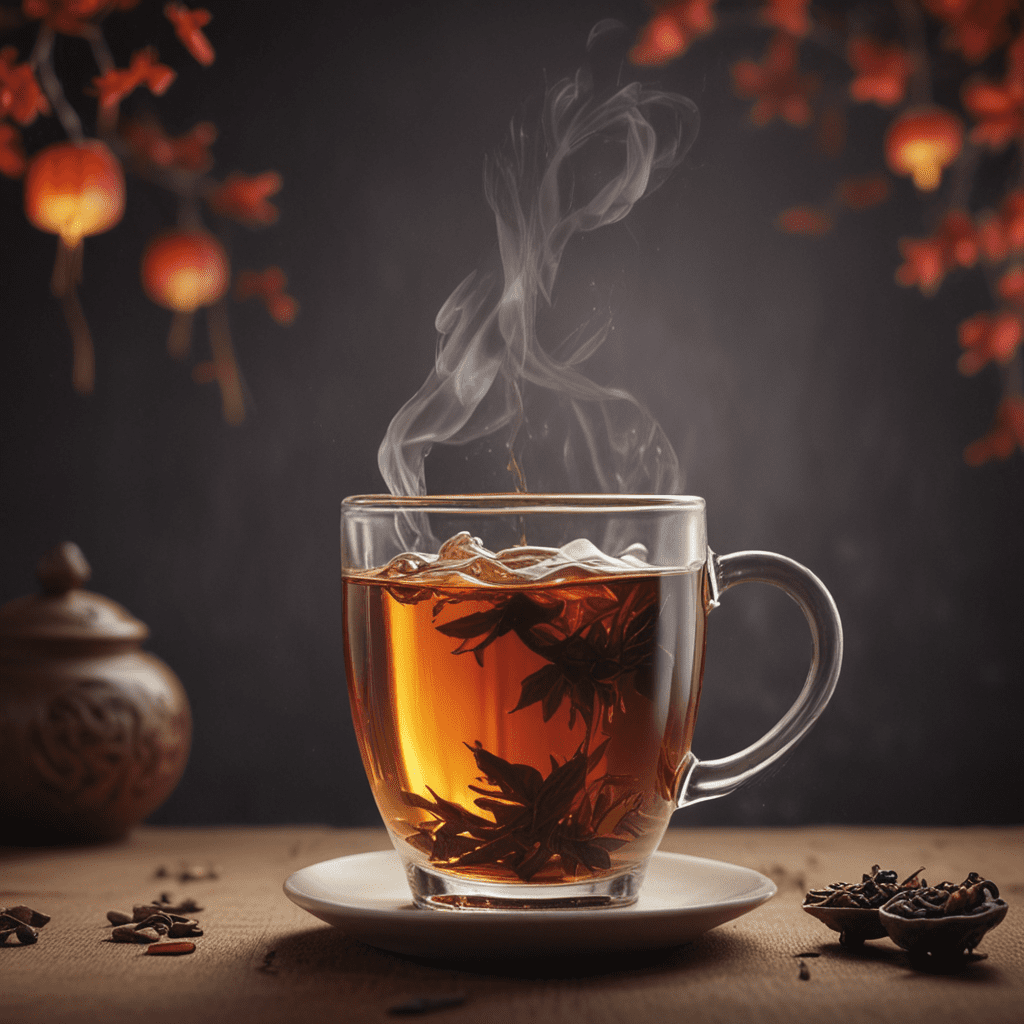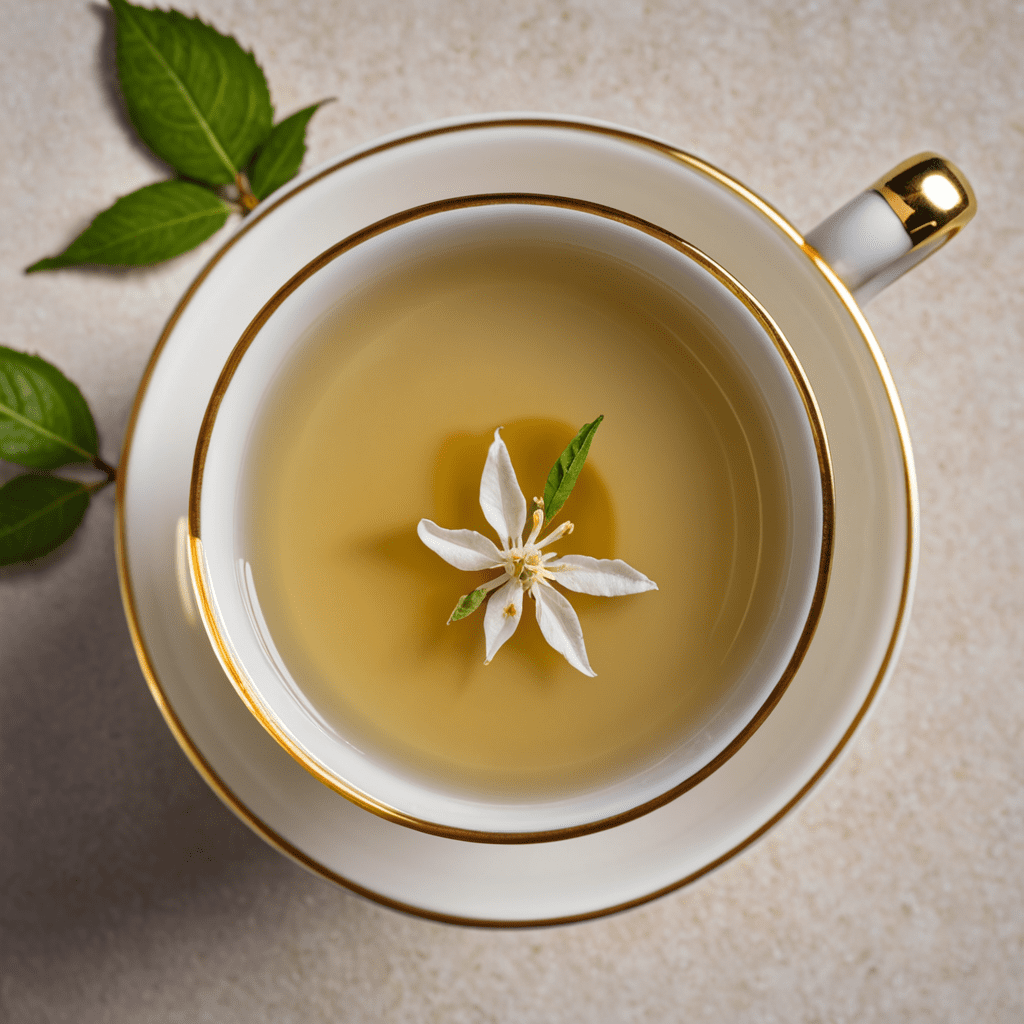Assam Tea: A Journey of Taste and Tradition
Introduction: The Allure of Assam Tea
Assam tea, hailing from the verdant lands of Northeast India, has captivated tea connoisseurs worldwide with its distinctive malty flavor and robust aroma. It is a beverage deeply intertwined with the region's rich cultural heritage and economic prosperity. This article embarks on a journey to explore the captivating world of Assam tea, unraveling its history, origins, cultivation practices, and profound cultural significance.
History and Origins: A Timeless Legacy
Assam tea traces its roots back to the 19th century, when British tea planters discovered indigenous tea plants thriving in the region's lush forests. The establishment of tea plantations marked a turning point in Assam's economy and transformed it into a major tea-producing hub. Today, Assam accounts for over half of India's tea production, solidifying its position as a global leader in the industry.
Climate and Geography: The Perfect Environment
The Brahmaputra River Valley provides an ideal environment for Assam tea cultivation. The region's abundant rainfall, warm temperatures, and rich, loamy soil create the perfect conditions for tea plants to flourish. The Brahmaputra's alluvial plains offer well-drained land, ensuring proper root development and nutrient absorption. These factors combine to produce tea plants with exceptional vigor and yield.
Cultivars and Varieties: A Rainbow of Flavors
Assam tea boasts a diverse range of cultivars, each imparting unique characteristics to the brewed tea. The two main varieties grown are Assamica and Chinensis. Assamica tea, indigenous to the region, is known for its full-bodied flavor and malty notes. Chinensis tea, introduced from China, offers a more delicate and floral profile.
Aroma and Flavor: A Symphony of Scents
Assam tea is renowned for its distinctive aroma and flavor profile. The malty notes, a hallmark of Assamica tea, are complemented by hints of chocolate, nuts, and caramel. The robust, full-bodied flavor stands out from other tea varieties, with a lingering finish that leaves a pleasant aftertaste. The unique flavor of Assam tea is attributed to the region's soil composition and the specific processing techniques employed.
Health Benefits: A Elixir for the Soul
Beyond its sensory appeal, Assam tea is also revered for its potential health benefits. It is a rich source of antioxidants, including flavonoids and catechins, which have been linked to numerous health benefits. Studies suggest that Assam tea may aid in reducing inflammation, improving heart health, and boosting the immune system. It also contains caffeine, which can provide a temporary boost in alertness and energy levels.
Cultural Significance: Tea Time in Assam
Tea holds a profound cultural significance in Assam. It is an integral part of daily life and a symbol of hospitality. The traditional Assamese tea experience involves brewing strong tea in earthenware pots and serving it with milk and sugar. Tea stalls are ubiquitous throughout the region, serving as social gathering places where locals and tourists alike can enjoy a refreshing cup of tea and engage in lively conversations.
Economic Impacts: A Vital Industry
The tea industry plays a crucial role in Assam's economy. It provides employment to millions of people and contributes significantly to the state's revenue. Tea plantations have transformed the region's landscape, providing income and livelihood to local communities. The export of Assam tea to global markets further boosts the state's economy and enhances its international reputation.
Conclusion: Assam Tea’s Enduring Journey
Assam tea is a testament to the region's rich cultural heritage, natural beauty, and economic prosperity. Its distinctive flavor, health benefits, and deep cultural significance have made it an enduring symbol of Assam. As the tea industry continues to evolve, Assam tea remains a beloved beverage, cherished for its unique characteristics and the sense of place it embodies.
FAQs
- Is Assam tea caffeinated?
Yes, Assam tea contains caffeine, which contributes to its stimulating effects. - How do I brew Assam tea?
Assam tea is typically brewed using a strong infusion method. Boil water and pour it over tea leaves in a teapot. Let it steep for 3-5 minutes, depending on desired strength. - What is the best way to store Assam tea?
Assam tea should be stored in an airtight container in a cool, dry place away from light and moisture. - Can Assam tea be consumed daily?
Assam tea can be consumed daily in moderation as part of a healthy diet. However, excessive consumption may lead to side effects such as anxiety or insomnia due to its caffeine content.



